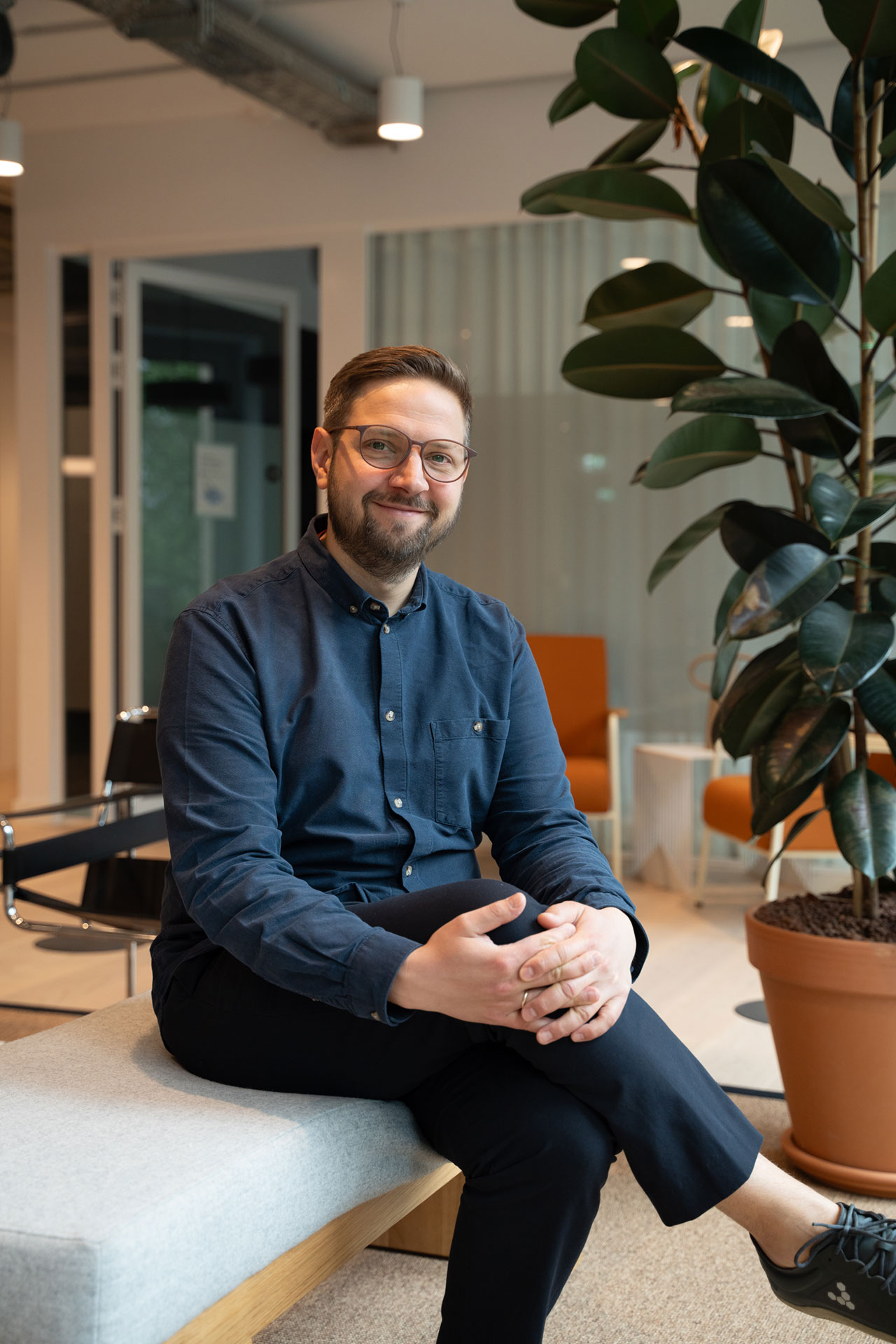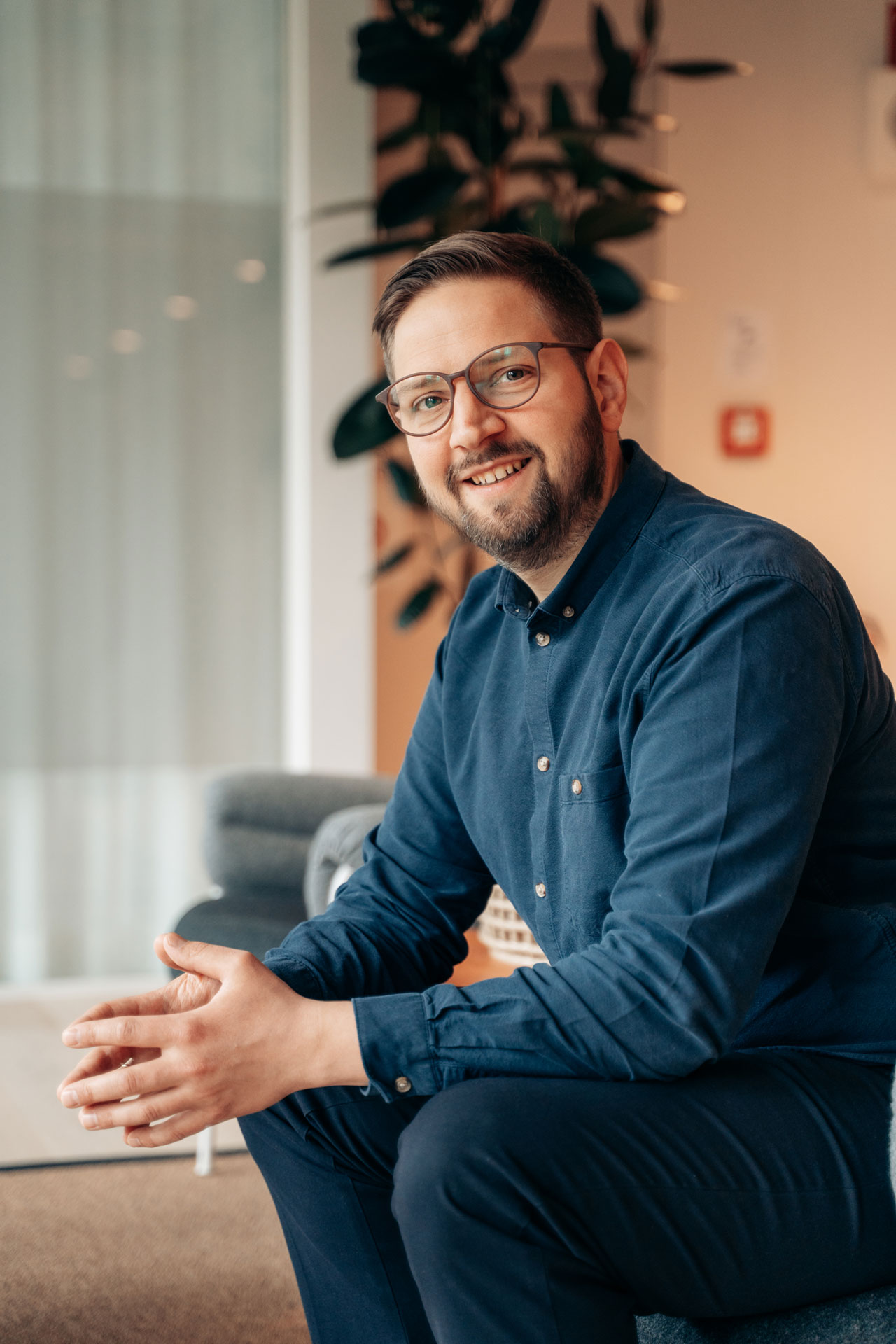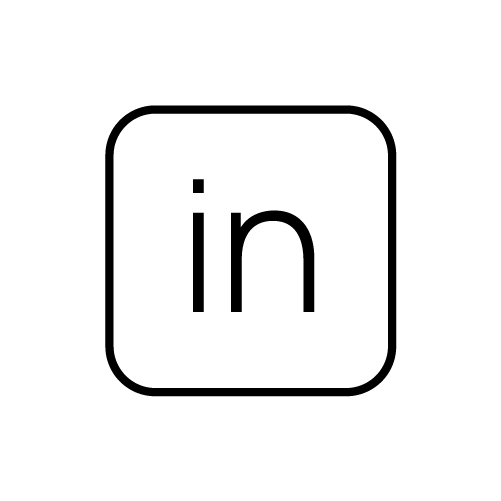AI search engines: What does the trend mean for your digital visibility?

Written by
Published on
Last modified on
John Tsangaris
November 24, 2024
November 25, 2024

"Severe shoulder pain, what can I do?" - While the classic Google search provides a list of health portals and medical practices, AI-supported search engines summarize the available information directly: From symptom analysis to an assessment of whether a visit to the doctor is necessary.
This development presents companies with fundamental challenges. For years, they have optimized their digital visibility for traditional search engines - with sophisticated SEO strategies and targeted ad campaigns. But what happens when users increasingly obtain their information via AI-supported systems? When traditional search results are supplemented or partially replaced by automatically generated summaries?
We have been monitoring these changes closely for months. The development is so dynamic that new opportunities and challenges arise almost on a weekly basis. However, the first patterns are already emerging as to how websites can remain successfully visible in this new environment.
SEO strategies for AI-powered search
The good news first: websites that are well optimized for traditional search engines are often recognized and cited as reliable sources by AI systems. Our observations show that websites with clearly structured content and proven expertise in their field in particular can benefit from this development.
A real-life example: A specialist medical website that we manage, which ranks in the top 3 on Google for the term "shoulder bursitis", is also used by Perplexity as a source of treatment information. The reason: the content is technically sound, clearly structured and provides comprehensive answers to typical patient questions.
However, the type of visibility is changing fundamentally. Instead of users coming directly to the website, content is now often summarized by AI systems and presented as part of a broader response. Direct traffic to websites can decrease as a result - even if the content continues to serve as a source.
For SEO practice, this means a shift in focus:
Structured data is becoming even more important as it helps AI systems to categorize content correctly
Expertise, experience, authority and trustworthiness (E-E-A-T) continue to gain in importance
A clear thematic focus helps to be recognized as a relevant source
Technical SEO remains fundamentally important - only what can be crawled well is also captured by AI systems
The future of search ads: what's changing with AI
We currently recommend the following for the advertising strategy:


Monitor performance closely, especially in areas where AI searches could become relevant

Conclusion: What you can do now
The change in the search landscape is in full swing. While traditional Google searches continue to dominate, new ways of searching for information are becoming established. For companies, this means above all: observe, adapt, but don't rush.
In the short term we recommend:
- Structure content clearly and demonstrate expertise in your specialist area
- Optimize the technical basis of your website - what Google crawlers can read well, AI systems also understand better
- Continue and optimize existing Google Ads campaigns
It is important to note that development is still in the initial phase. No one can say for sure which AI search engines will prevail and how user behavior will change in the long term. Stay flexible and keep an eye on developments - we will be happy to support you.
We look forward to your inquiry
Book a free initial consultation with our Account Manager Johannes Tsangaris now or contact us by email, phone or LinkedIn.




















